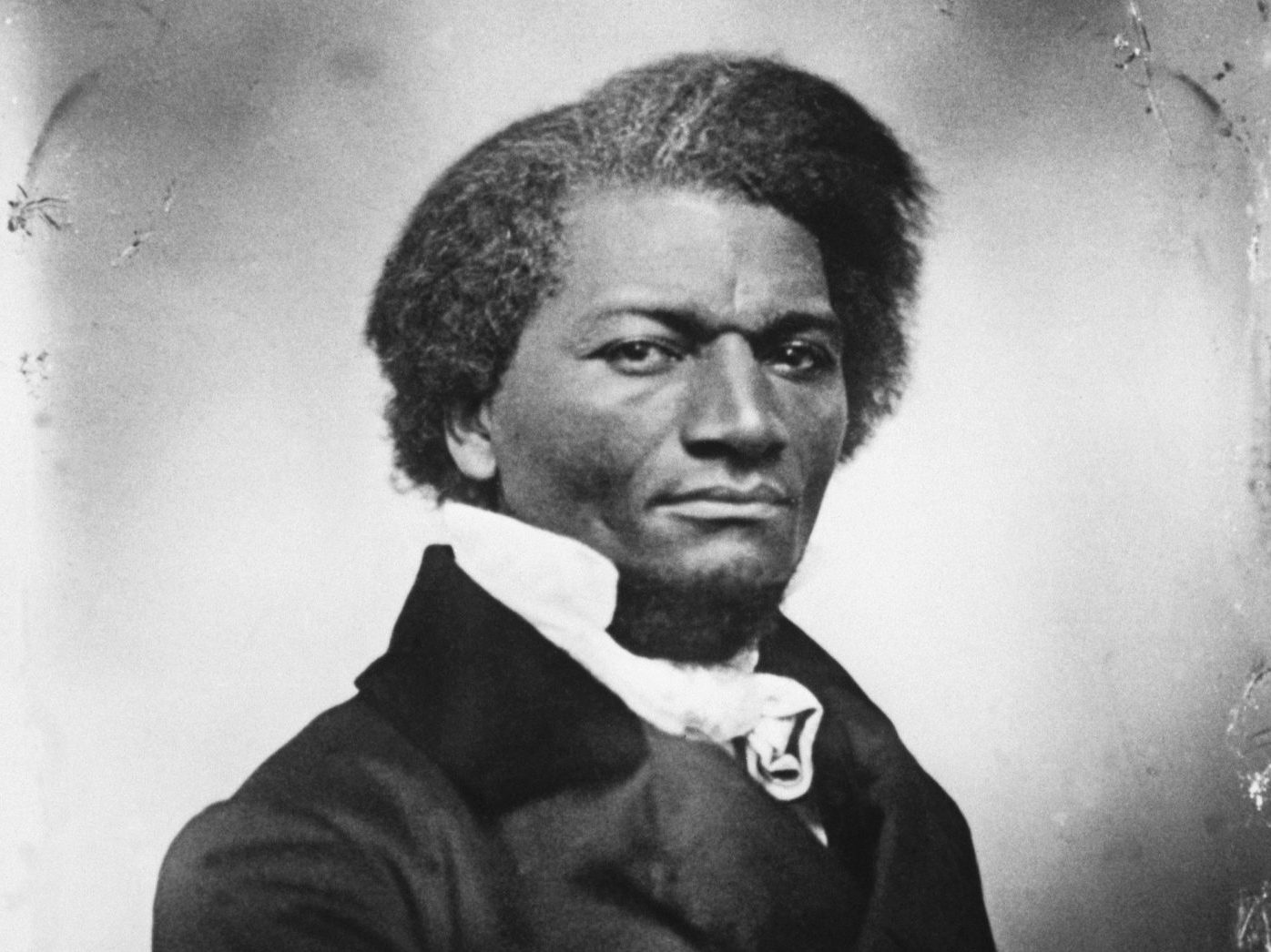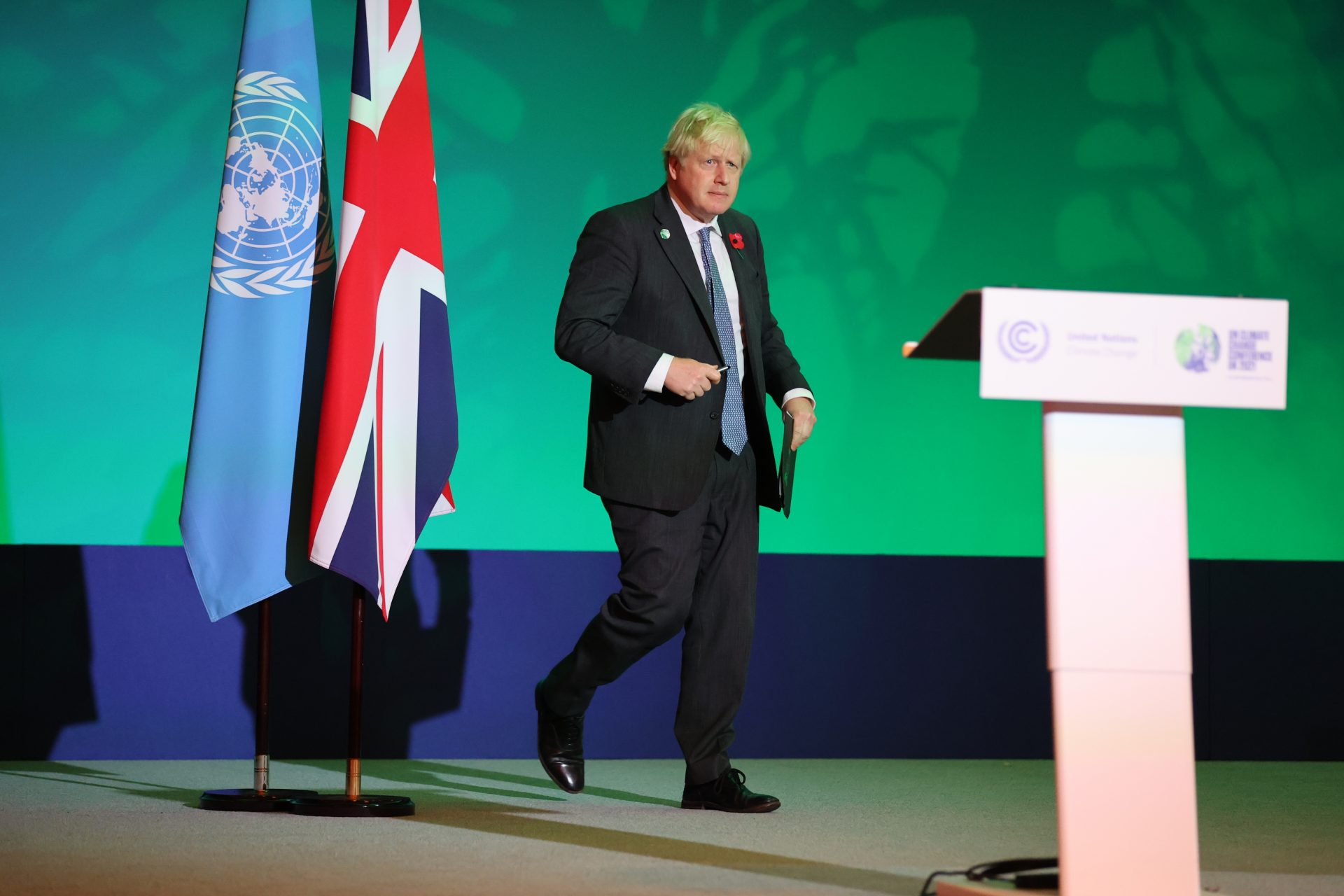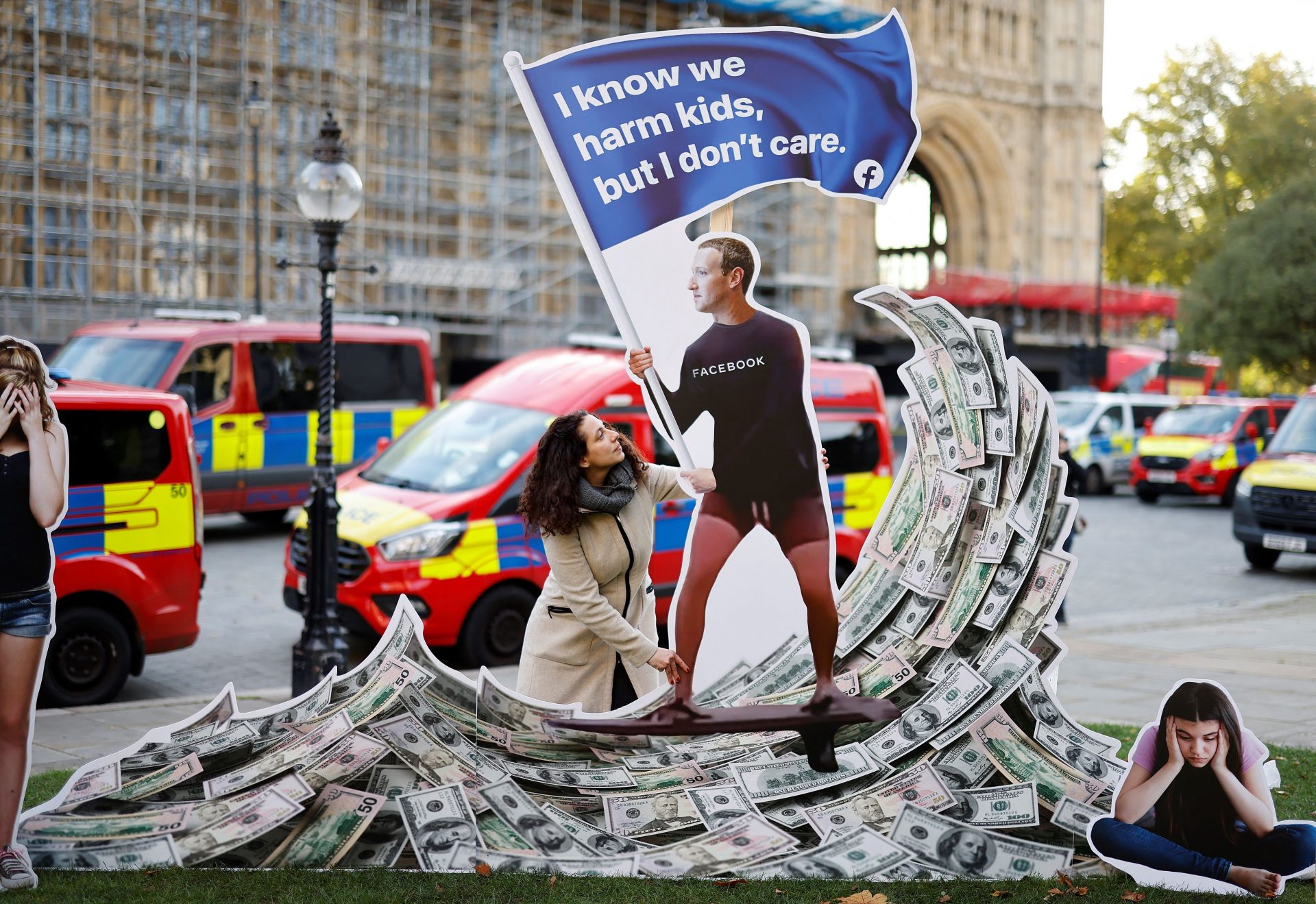October was Black History Month. Nowadays, since the arrival of the human rights movement known as Black Lives Matter, it has, for many corporations, become a time of soul-searching, platitudes, grand pronouncements and desperate hand-wringing.
I was going to say “hand washing”, too, because in some sense, this is true.
Usually during BH month, people like me are brought in to give talks, issue critiques, make suggestions. You never know who is really going to be there, but you can pretty much bet that the big guys are not. They have other things to do.
So the whole operation is left to the people in charge of employee relations, etc. usually earnest souls trying to find a way to address the disparities, the historic injustice, and the just plain crap of being an ethnic minority person on the inside.
This reality can become a genuine trauma and is, of course, internalised. Because what you do is “suck it up” and get on with it for the sake of your career, a paycheque and a myriad of other things.
One employee of colour at a recent session that I chaired said that she felt that she had to be a kind of ambassador for people of African descent.
That she had to be the best so that others like her could be hired. One guy said that he had grown depressed, maybe even clinically so, because security had become a personal challenge for him. He was tired of being asked to prove that he belonged at the place of his employment.
Now, you can laugh this stuff off but somewhere inside it can get to you, eat at you and you can find yourself dreading the hours that take up most of your day.
These kinds of confessions usually happen towards the end of my talk. And these confessions are always the same. And the people making them seem to be getting younger and younger.
That is a dangerous sign.
Diversity is a term that begs the question: “Diverse from what”? “Diverse from whom?” We are all assumed to know the answer to that.
But when I give my talks, I ask if people look at colleagues, bosses, maybe even the people in their families as people to be diverse from. If so, how do you do that? And who are you in relation to that?
The work of the great Kurt Gödel, whose incompleteness theorems are two theorems that address mathematical logic, can also be applied to why corporations and organisations often do not really change.
It is because a system cannot change itself within its own definition of self.
Any system is trying to perpetuate itself, stay alive, keep functioning. And so diversity is absorbed into the company’s way. And the company moves on.
For example, the 2021 Emmy Awards came under fire after no actors of colour were awarded any major prizes in September.
Despite a record number of diverse nominees this year, all major acting trophies went to white actors. While the nominations were more diverse than usual – a game-changing number of 49 actors and presenters of colour were nominated across the acting and reality hosting categories – the final results did not reflect the progress.
Why? Because the Emmys had done their job. Their job was the nominations. Their real job was to maintain the system. People who expressed their rage under the hashtag: #emmyssowhite.
But it took Michaela Coel, who won for “Outstanding Writing for a Limited or Anthology Series or Movie” for I May Destroy You, to lay it down to the enraged and disappointed: “Visibility these days seems to somehow equate to success. Do not be afraid to disappear from it, from us for a while, and see what comes to you in the silence.“
That is the key.
Sometimes, a person of colour has to want to not “be inside”. Not want the prize. And this can be a burden, too. Because it is difficult and special and lonely and contradictory if you want to stay outside.
We are a herd species. We like to be like others.
Diversity has to be created from within the organisation, a bespoke thing that can, at the same time address the targets, the protestors, the bottom line.
It has to be dynamic and collective, allow those who need and must be a part of the system to shape and lead the way. The organisation must expect itself, in some very big senses, to be dismantled, undone. Become something new.
Thereby, in a sense, obeying Gödel’s theorems.
Otherwise it is window-dressing. Pointless and useless in the long run.
In my new short play Douglass about the inner life of the great African American abolitionist, Frederick Douglass, I try to show an ultimate outsider/insider living what diversity can mean.
Douglass was the most photographed American male of the 19th century. He had more photos taken than Abraham Lincoln and he supervised his image himself.
He even planned how he was to be photographed on his deathbed. And that was done.
He took the growing system of photography, worked within it and also outside of it. He shaped the image of his own life.
Until the system steps aside; until it is willing to allow itself to even be dissolved, undone, rebuilt, diversity will be this: a term that will become like that puppy at Christmas: just for Christmas.




